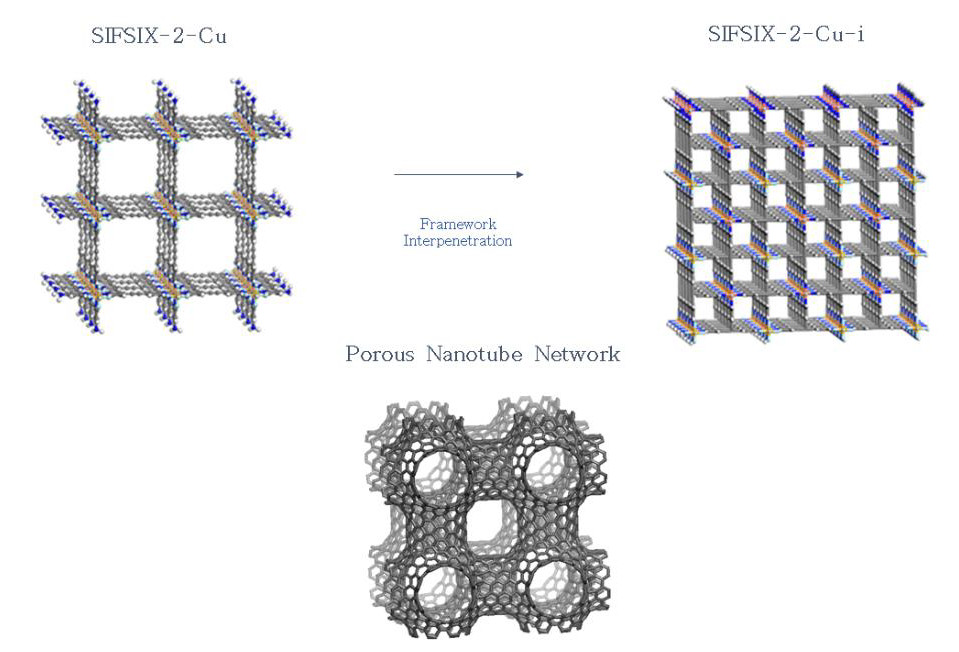ABSTRACT
The adsorptive separation and capture of CO2 from natural and flue gases, as well as the separation of fluid SF6-N2 mixtures used in electrical power transmission applications, have been classified among the biggest challenges in chemical and environmental technology nowadays. At the same time, the rational design of nanoporous materials for processes requiring the capture and release of water, such as the screening of traces of water, the control of the humidity in the air and the delivery of drinking water in remote areas, has become another issue of crucial importance. In this context, our systematic computational molecular modelling studies on these topics will be presented and discussed. Particular attention will be paid to the behavior on the molecular-scale processes controlling the thermodynamic selectivity of the confined molecules in a variety of carbon-based and metal-organic framework nanoporous materials.


